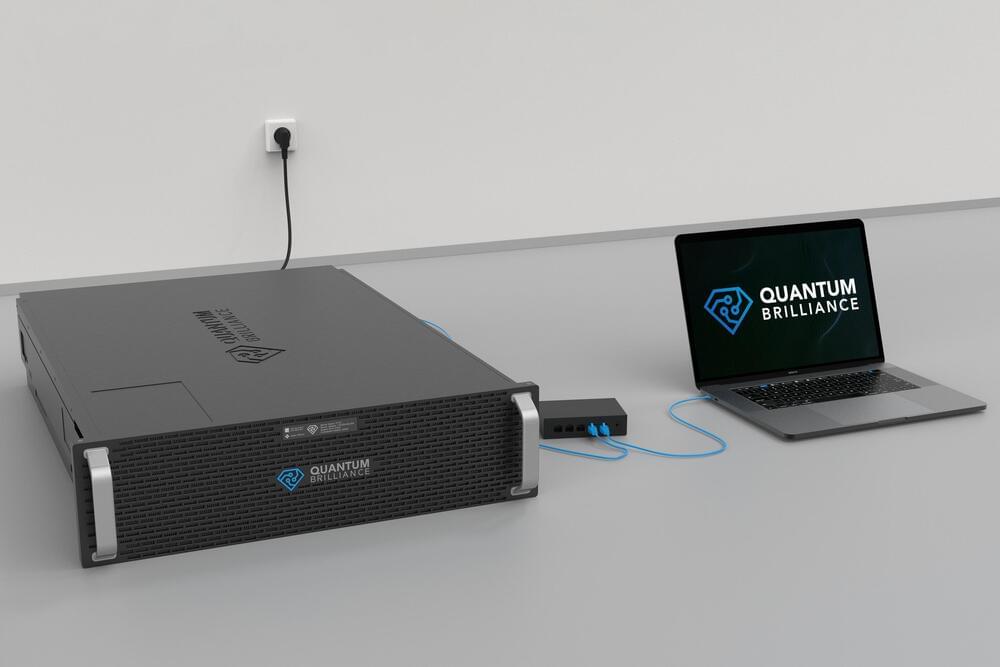That looked dangerous.


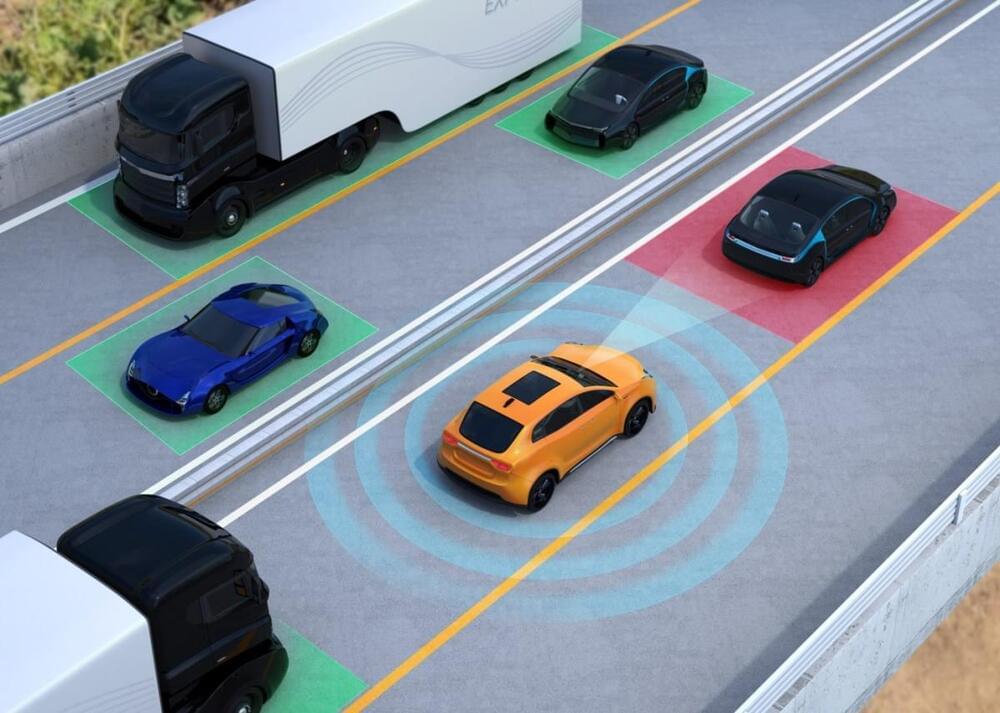
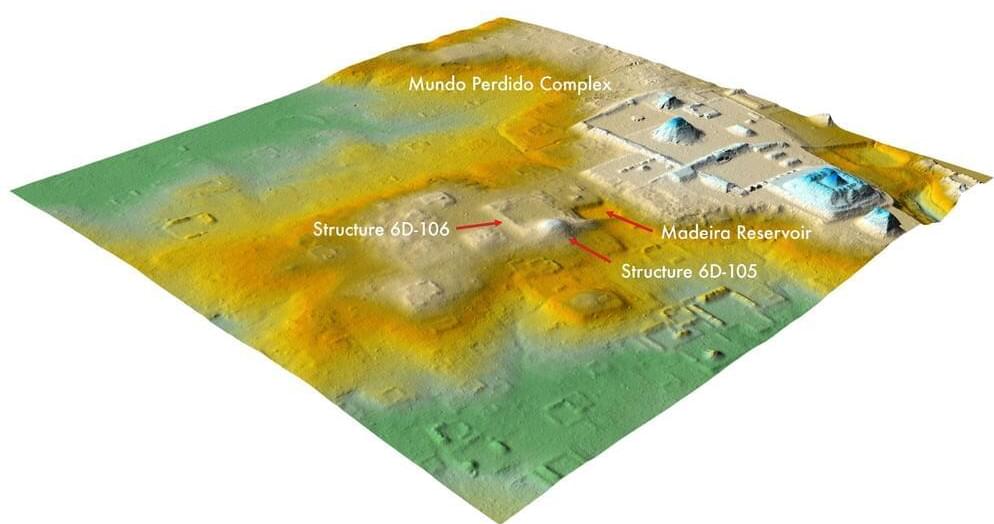
Scientists have been excavating the ruins of Tikal, an ancient Maya city in modern-day Guatemala, since the 1950s—and thanks to those many decades spent documenting details of every structure and cataloguing each excavated item, Tikal has become one of the best understood and most thoroughly studied archaeological sites in the world.
But a startling recent discovery by the Pacunam Lidar Initiative, a research consortium involving a Brown University anthropologist, has ancient Mesoamerican scholars across the globe wondering whether they know Tikal as well as they think.
Using light detection and ranging software, or lidar, Stephen Houston, a professor of anthropology at Brown University, and Thomas Garrison, an assistant professor of geography at the University of Texas at Austin, discovered that what was long assumed to be an area of natural hills a short walk away from Tikal’s center was actually a neighborhood of ruined buildings that had been designed to look like those in Teotihuacan, the largest and most powerful city in the ancient Americas.

If the 21st century has taught us any astronomical lessons, it’s that counting planets is hard. In 2,000 there were nine planets, and now there are eight, but that might not last. Astronomers have been on the hunt for a theorized ninth planet in the extreme outer solar system, and now a study suggests there might be another planet out there. Unlike the massive (and completely hypothetical) Planet Nine, this one is believed to be a small, rocky world like Mars.
All the planetary uncertainty lies in the outer reaches of the solar system, beyond the orbit of Neptune. This is where Clyde Tombaugh discovered Pluto, which we thought was a planet for decades but has since been demoted to a dwarf planet. It was still a notable discovery as the first known representative of the Kuiper Belt, a ring of icy rocks that includes other big planetoids like Makemake and Eris.
To make sense of the mishmash of objects out there, scientists often turn to simulations that can search for signs of undiscovered planets. And there could be a lot to find out there. “It seems unlikely that nature created four giant planet cores, but then nothing else larger than dwarf planets in the outer solar system,” the study says.

The Lisa and Scott Stuart Center for Adolescent and Young Adult Cancers aims to address the unique challenges adolescent and young adult cancer patients face by expanding access to clinical trials for this patient group, offering planning and fertility services, and personalized medicine, according to a Sept. 27 news release.
New York City-based Memorial Sloan Kettering Cancer Center has created a new center dedicated to better serving the specific needs of young cancer patients.
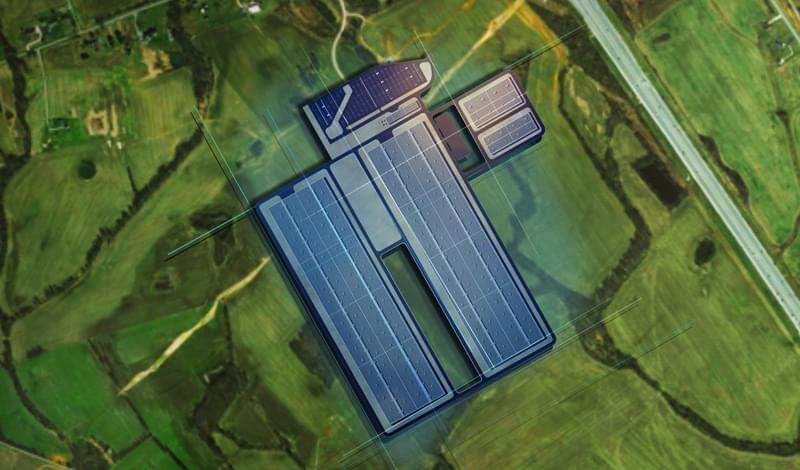
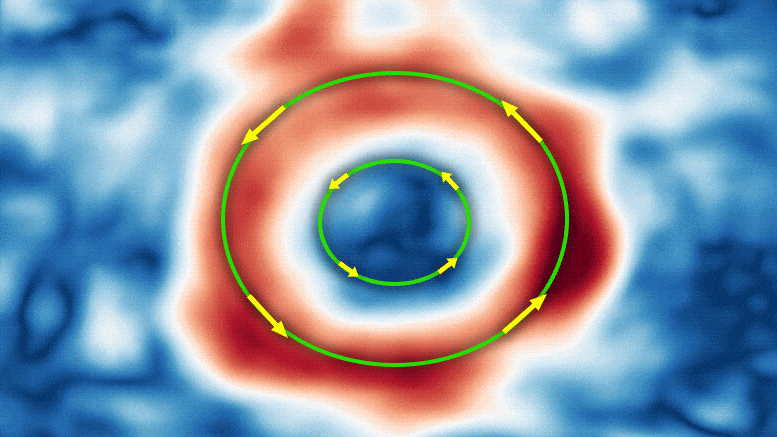
“Jupiter ’s Great Red Spot, a storm that has been roiling for centuries, the speed in its ” outer lane” is moving faster than the inner lane – and continues to pick up speed. By analyzing long-term data in this high-speed ring, researchers found the winds have increased by up to 8 percent from 2009 to 2020. These findings could only be made with Hubble: The telescope has amassed more than 10 years of regular observations, acting like a ” storm watcher” for the planets in our solar system.
Like the speed of an advancing race car driver, the winds in the outermost lane of Jupiter’s Great Red Spot are accelerating – a discovery only made possible by NASA.

